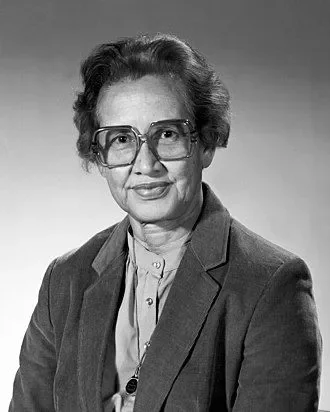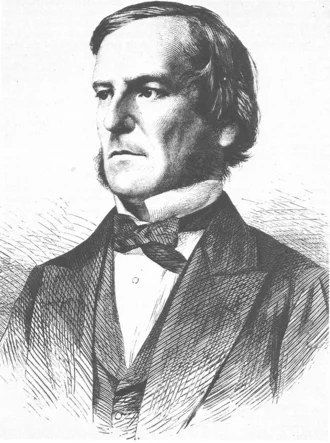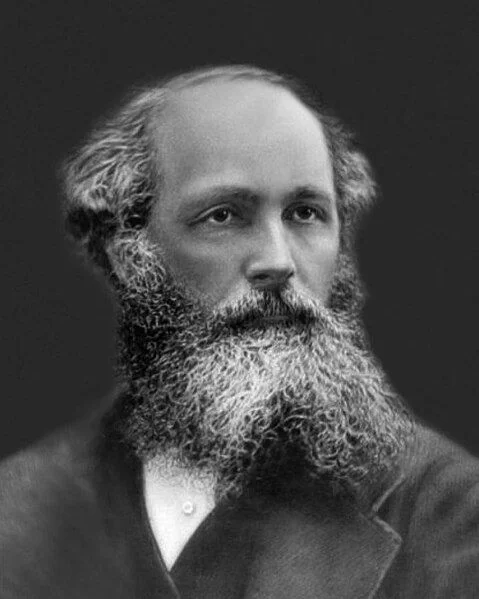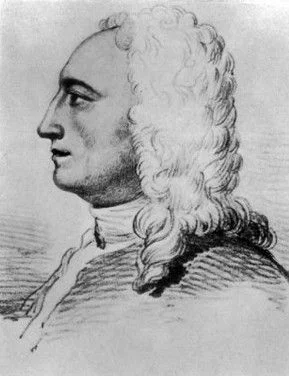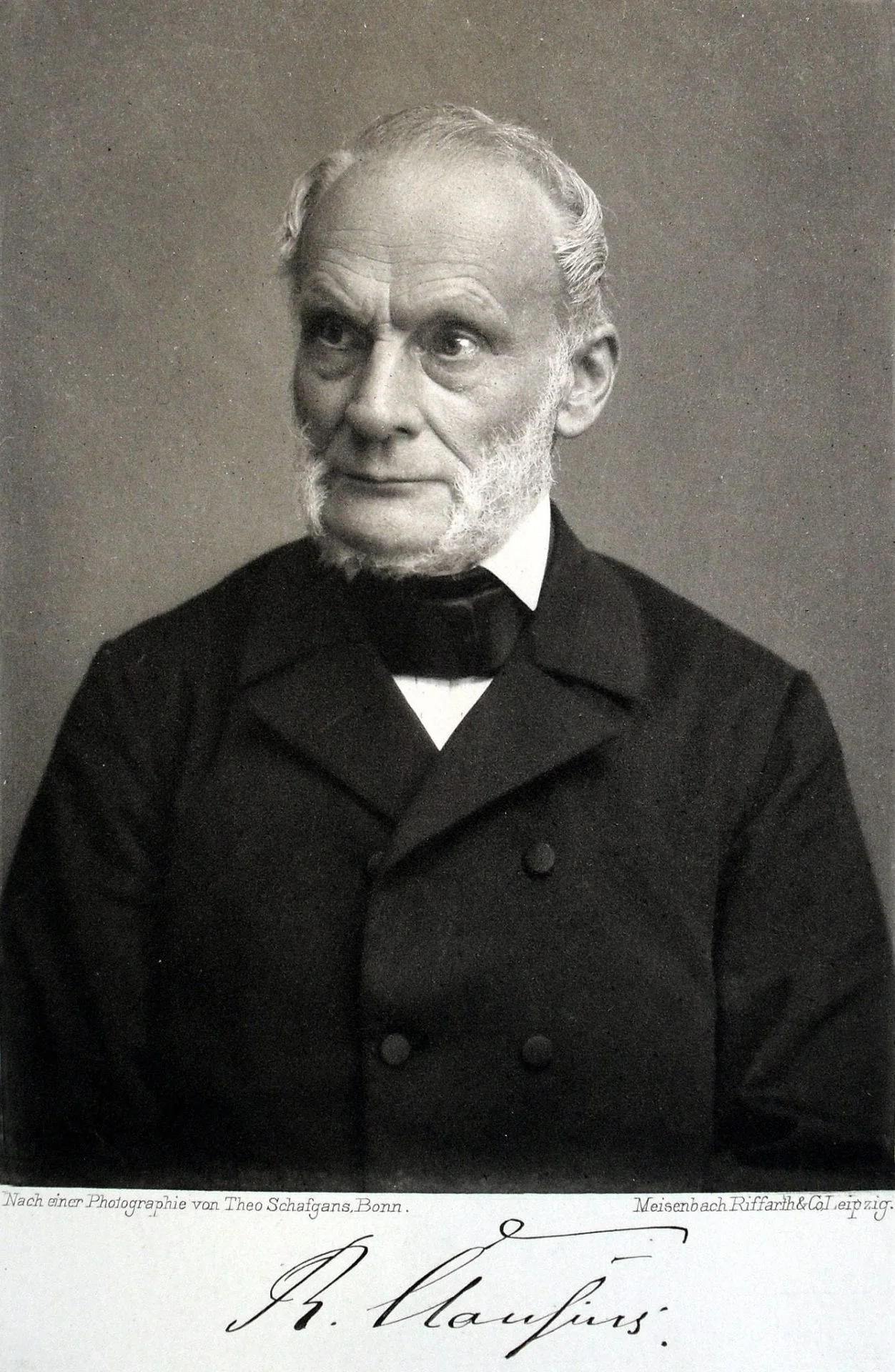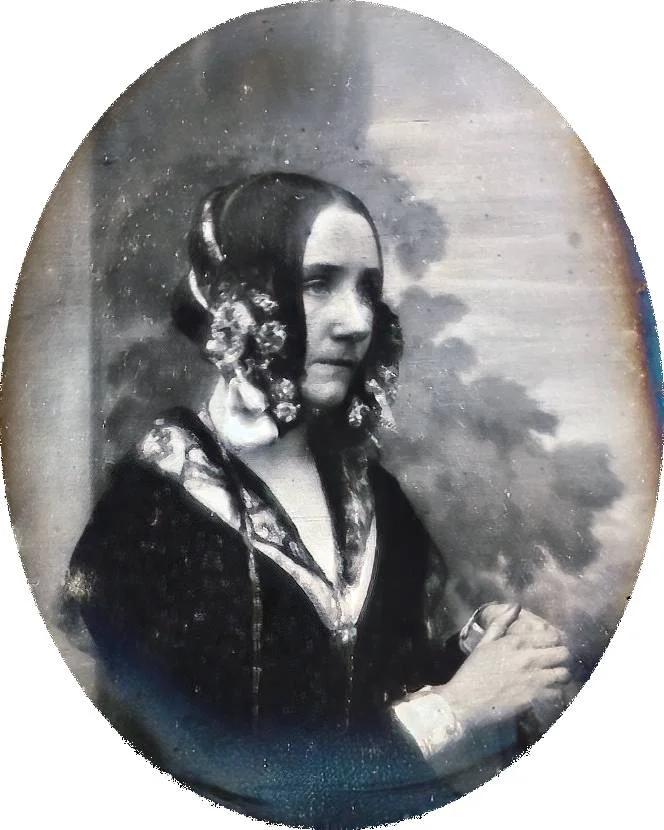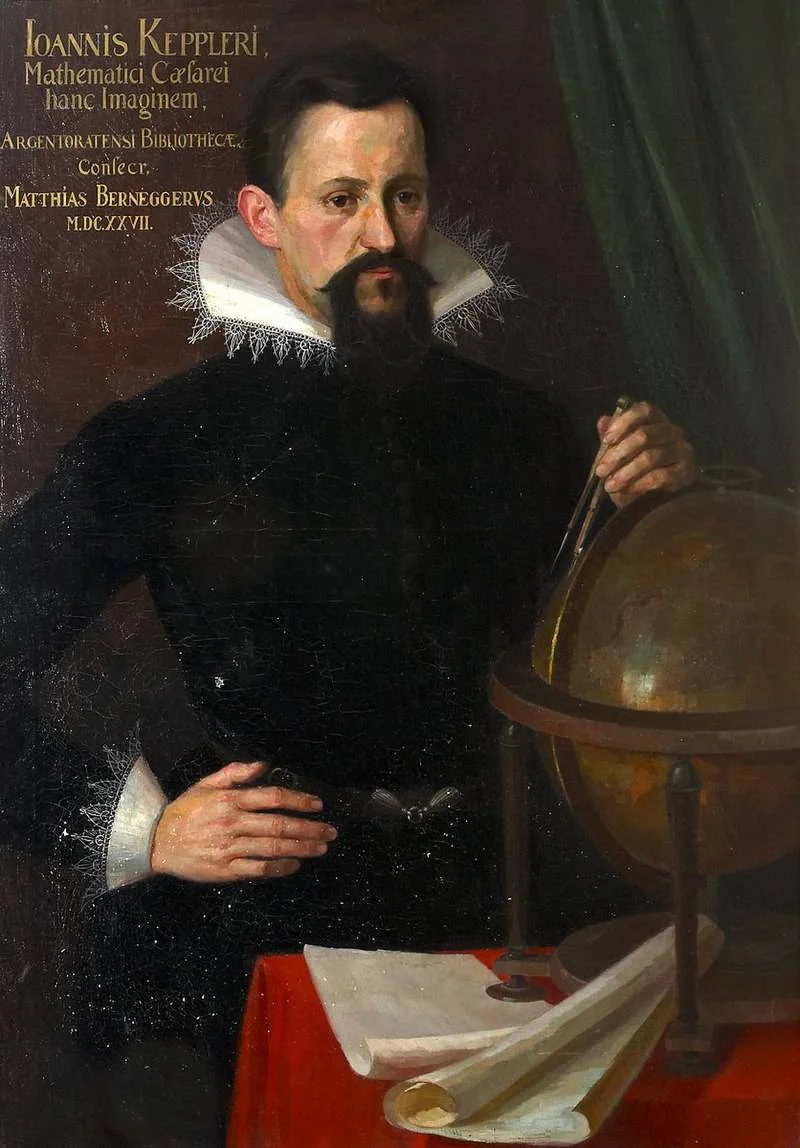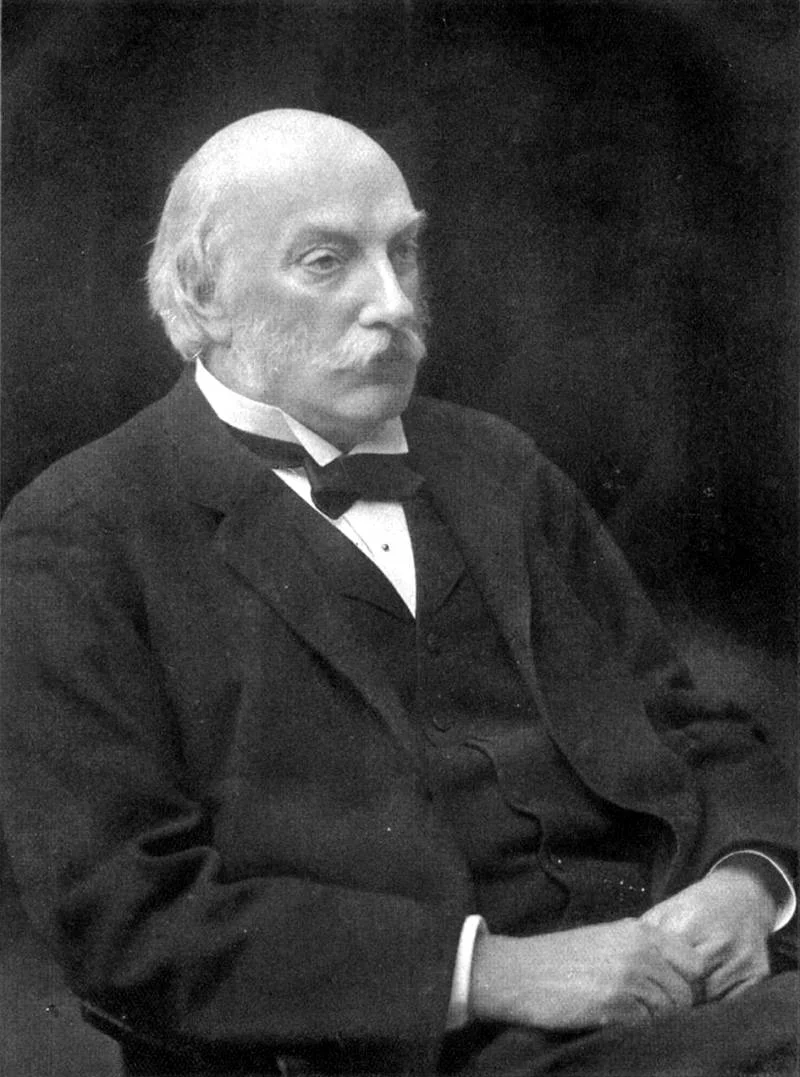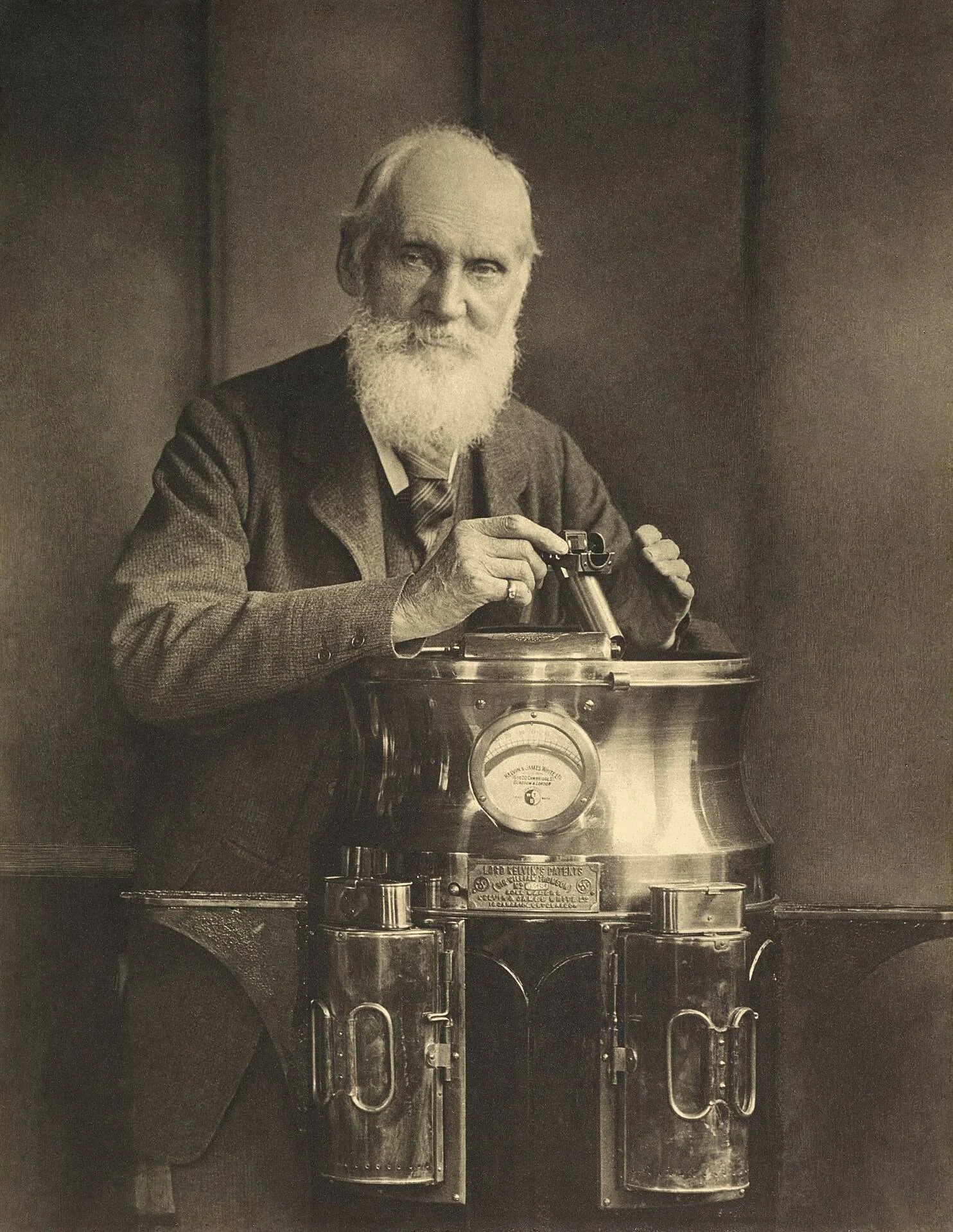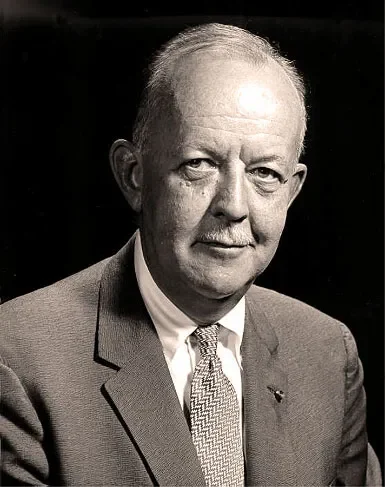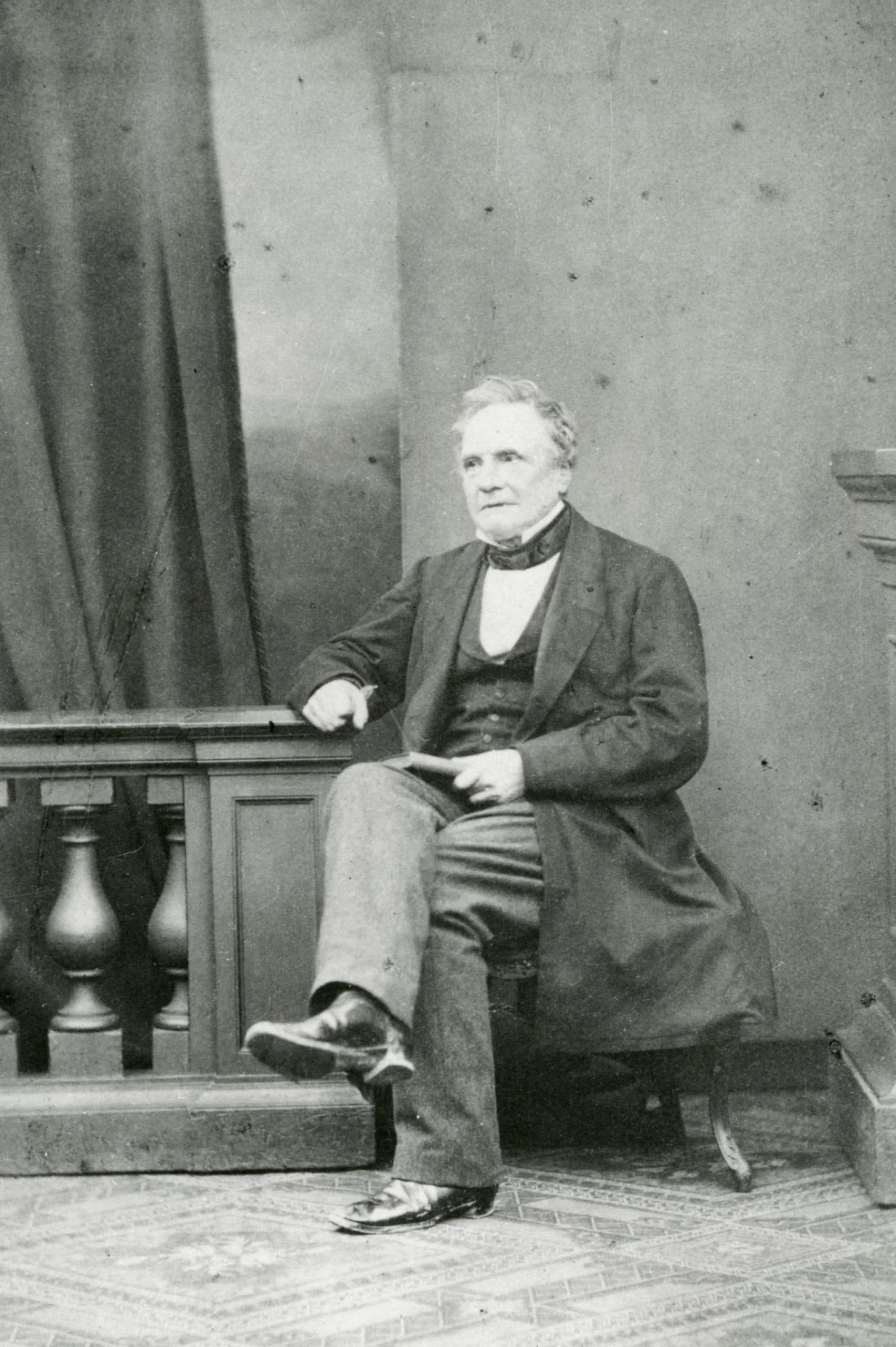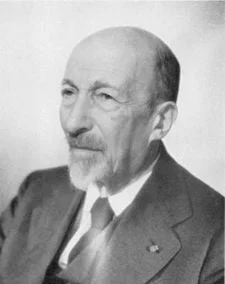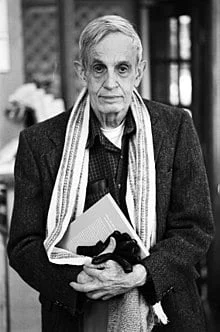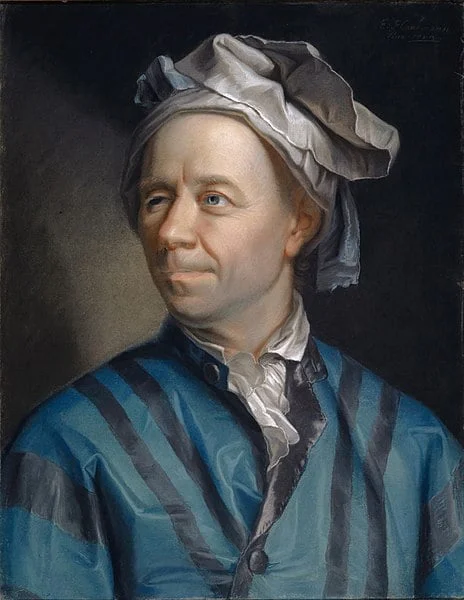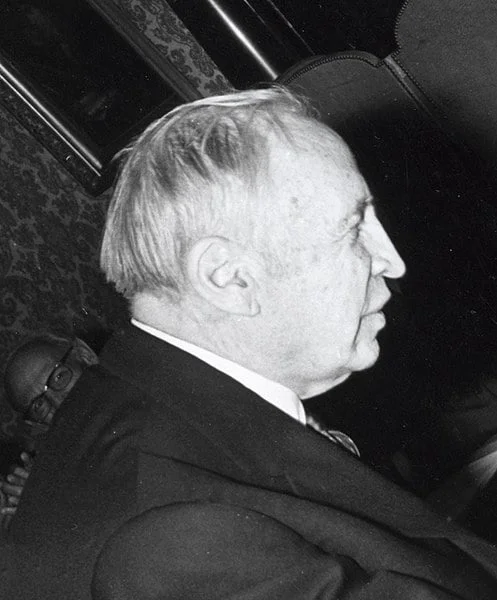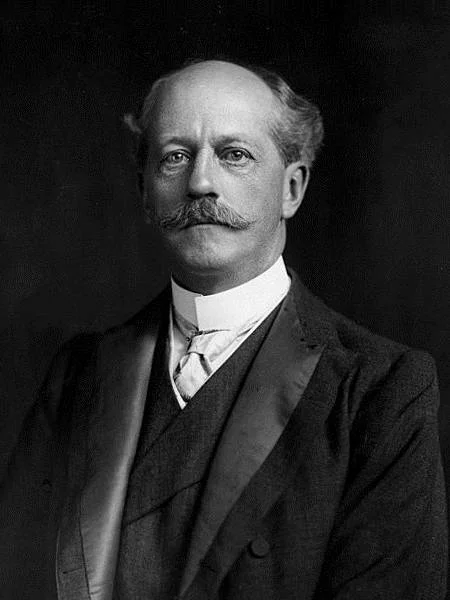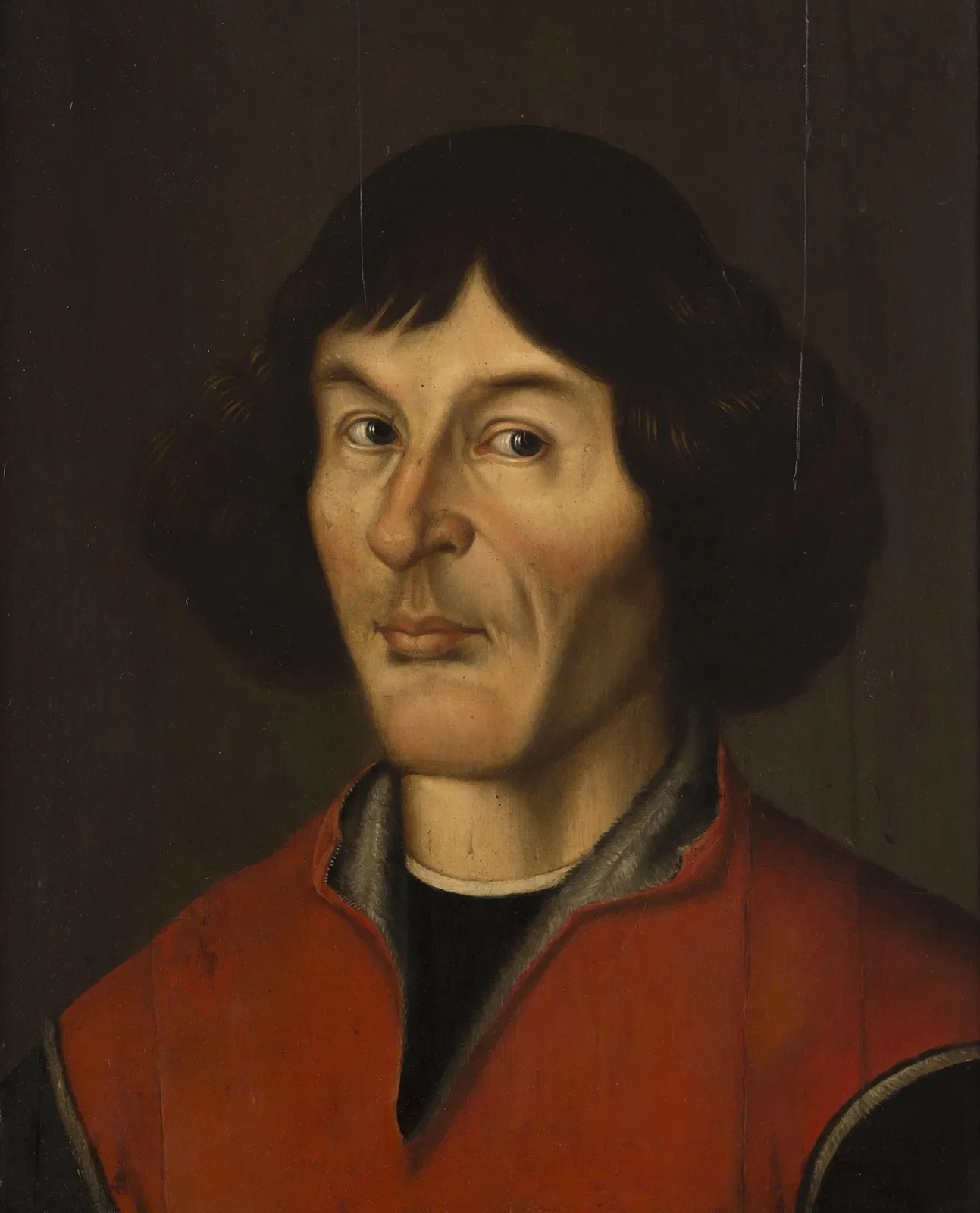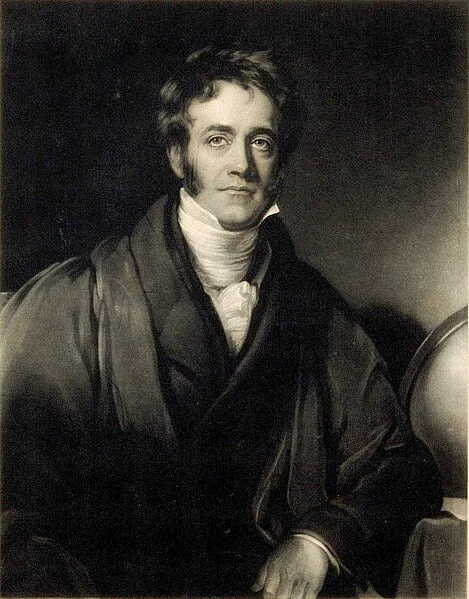Real Celebrities Never Die!
OR
Search For Past Celebrities Whose Birthday You Share

source:wikipedia.org
Paul Erdős
Birthday:
26 Mar, 1913
Date of Death:
20 Sep, 1996
Cause of death:
Heart attack
Nationality:
Hungarian
Famous As:
Mathematician
Age at the time of death:
83
Paul Erdős's Quote's
Early Life and Career
Paul Erdős was a Hungarian mathematician whose unparalleled passion for numbers made him one of the most prolific mathematicians of the 20th century. Born in Budapest in 1913 to two Jewish mathematics teachers, Erdős displayed an extraordinary aptitude for numbers from an early age. His childhood was marked by tragedy, as his two older sisters succumbed to scarlet fever before he was born. Despite this, his love for mathematics flourished, leading him to earn a Ph.D. in mathematics from the University of Budapest in 1934.
Unlike most scholars, Erdős lived an unconventional, nomadic lifestyle. He never married, held no permanent job, and carried all his belongings in a suitcase as he traveled from one university to another, collaborating with mathematicians across the globe. He affectionately referred to his hosts—friends and colleagues who provided him lodging—as his “temporary homes.”
Erdős had a peculiar and charmingly idiosyncratic vocabulary. He called children “epsilons,” women “bosses,” and alcohol “poison.” Fueled by caffeine and amphetamines, he famously worked for long, uninterrupted stretches, believing they helped him focus on solving mathematical problems.
His contributions spanned multiple fields, including discrete mathematics, number theory, graph theory, approximation theory, set theory, and probability theory. With over 1,500 published papers, Erdős was a master collaborator, engaging with an extensive network of fellow mathematicians. His legacy inspired the creation of the “Erdős number,” a unique way to measure the collaborative distance between a mathematician and Erdős through co-authorship of papers.
Even in his final moments, Erdős remained devoted to his craft. He passed away in 1996 at the age of 83 while attending a mathematics conference in Warsaw, Poland. His influence endures, not just in the theorems he left behind, but in the spirit of mathematical collaboration he so passionately championed.
Name:
Paul Erdős
Popular Name:
Paul Erdős
Gender:
Male
Cause of Death:
Heart attack
Spouse:
Place of Birth:
Budapest, Austria-Hungary
Place of Death:
Warsaw, Poland
Occupation / Profession:
Personality Type
Debater: Smart and curious thinkers who cannot resist an intellectual challenge. People who always welcome the opportunity to learn something new. They are quick thinkers and have the ability to shift between ideas without much effort.
Although he was an atheist, he spoke of “The Book,” a book where God had written down the best proofs for mathematical theorems.
He did not attend school until the age of 10.
He had two older sisters who died from scarlet fever.
He won the Wolf Prize in 1983/84 and the AMS Cole Prize in 1951

